A flurry of executive orders reverses many Trump-era policies
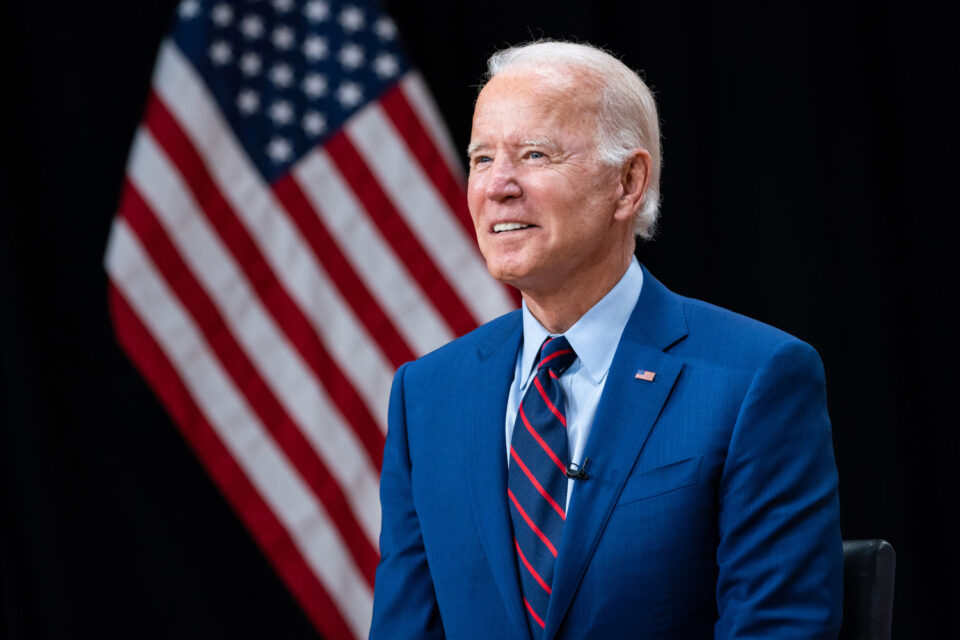

A flurry of executive orders reverses many Trump-era policies
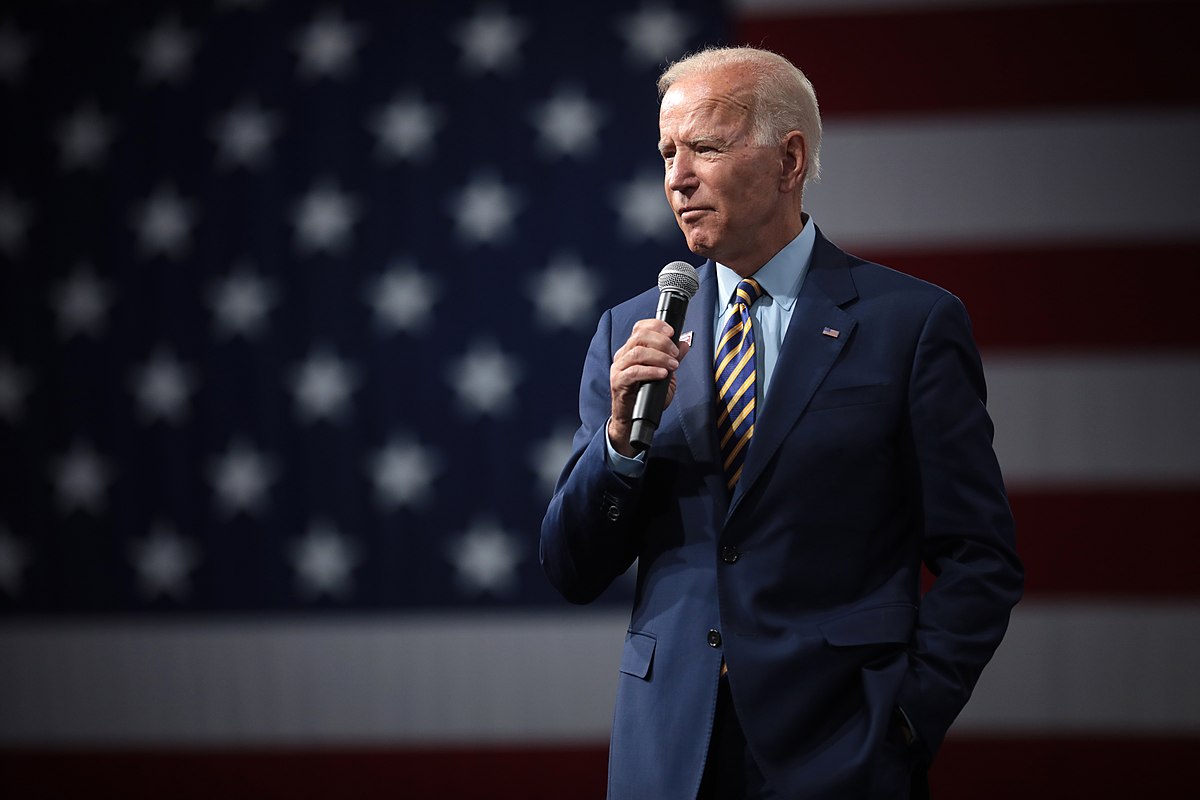
We look at Joe Biden’s record sheet on free speech to see if we can find clues about his future presidency
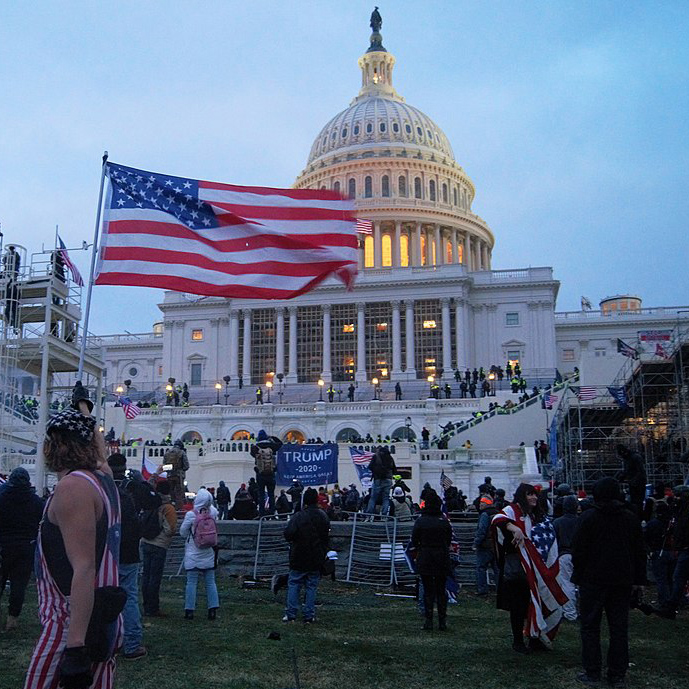
The US President has crossed the line between free speech and incitement and five people have died
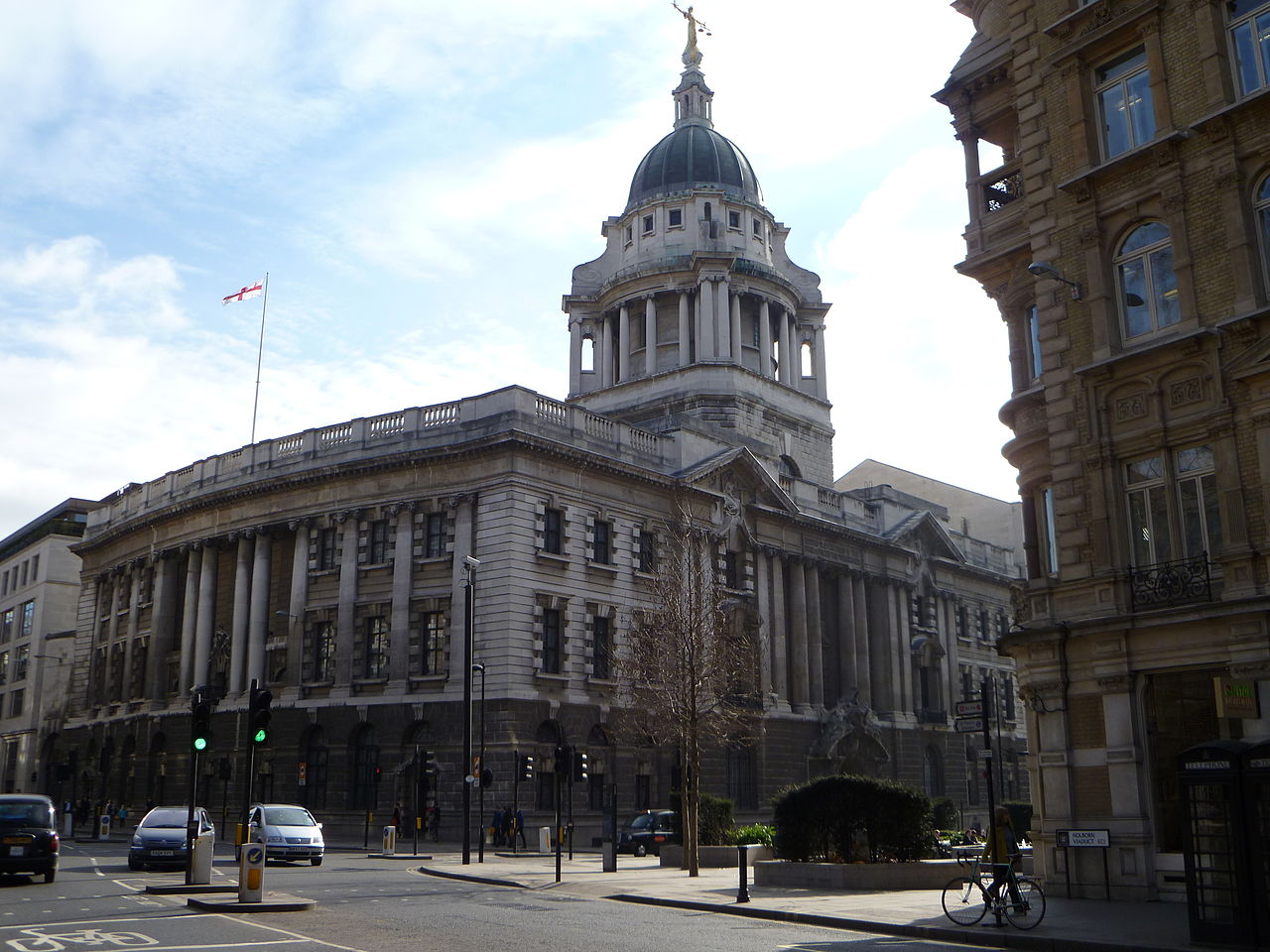
[vc_row][vc_column][vc_column_text] This week’s decision not to extradite WikiLeaks founder, Julian Assange, to the USA to stand trial for charges of espionage came as welcome relief to Assange’s family and supporters. However, he remains detained...
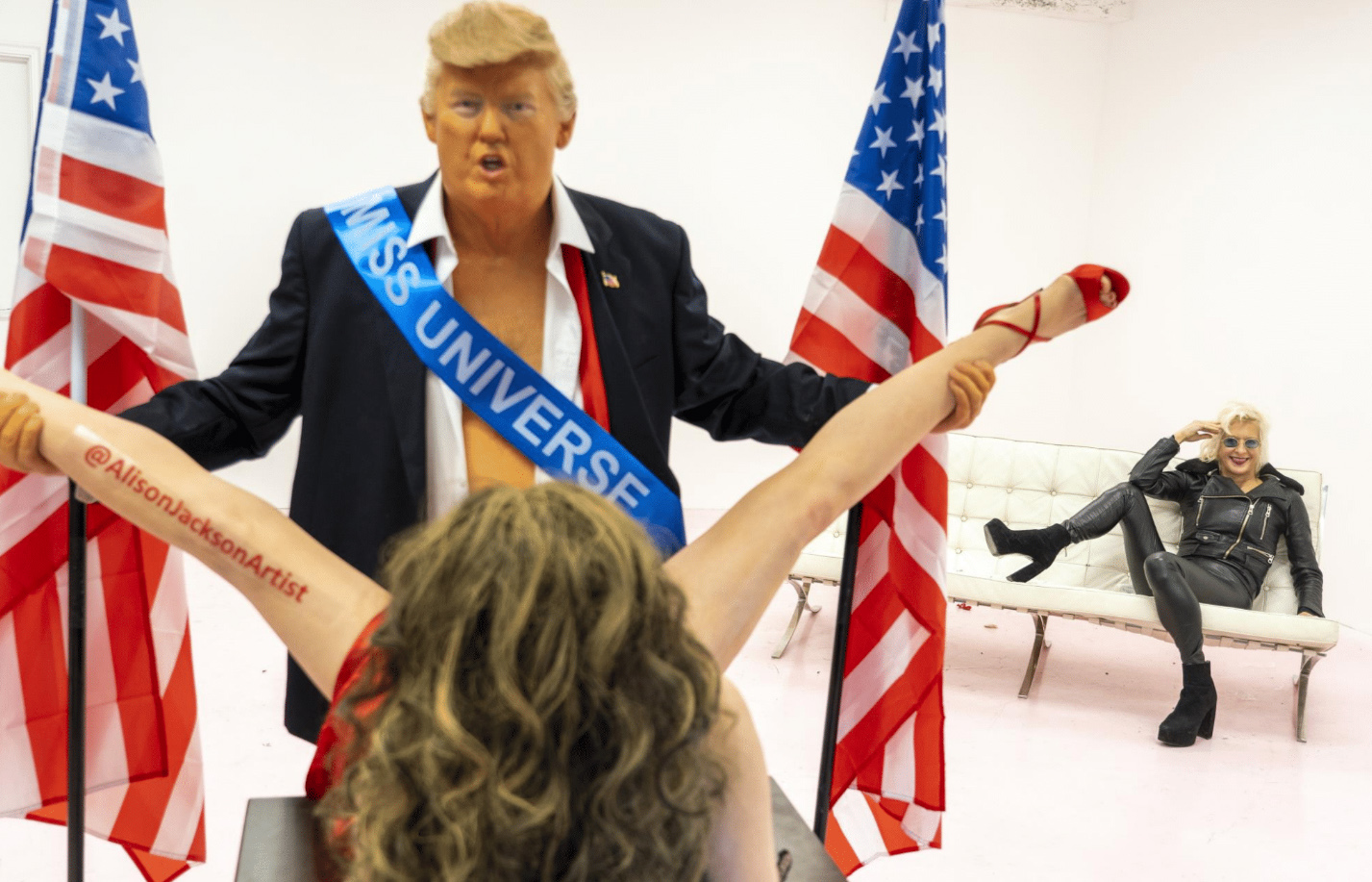
British artist and photographer talks about artistic freedom and driving a fake and half-naked Donald Trump around Manhattan
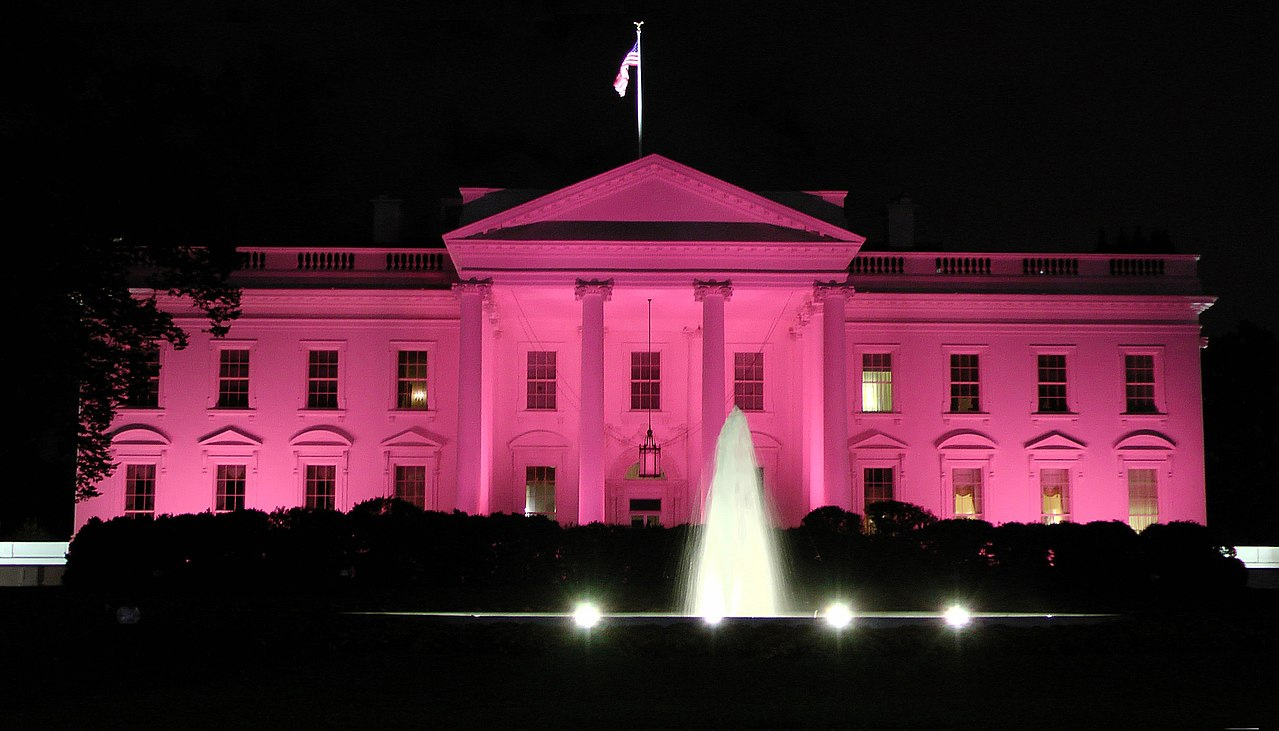
As the electorate decides whether the White House will be red or blue, our CEO focuses on the importance of democratic process
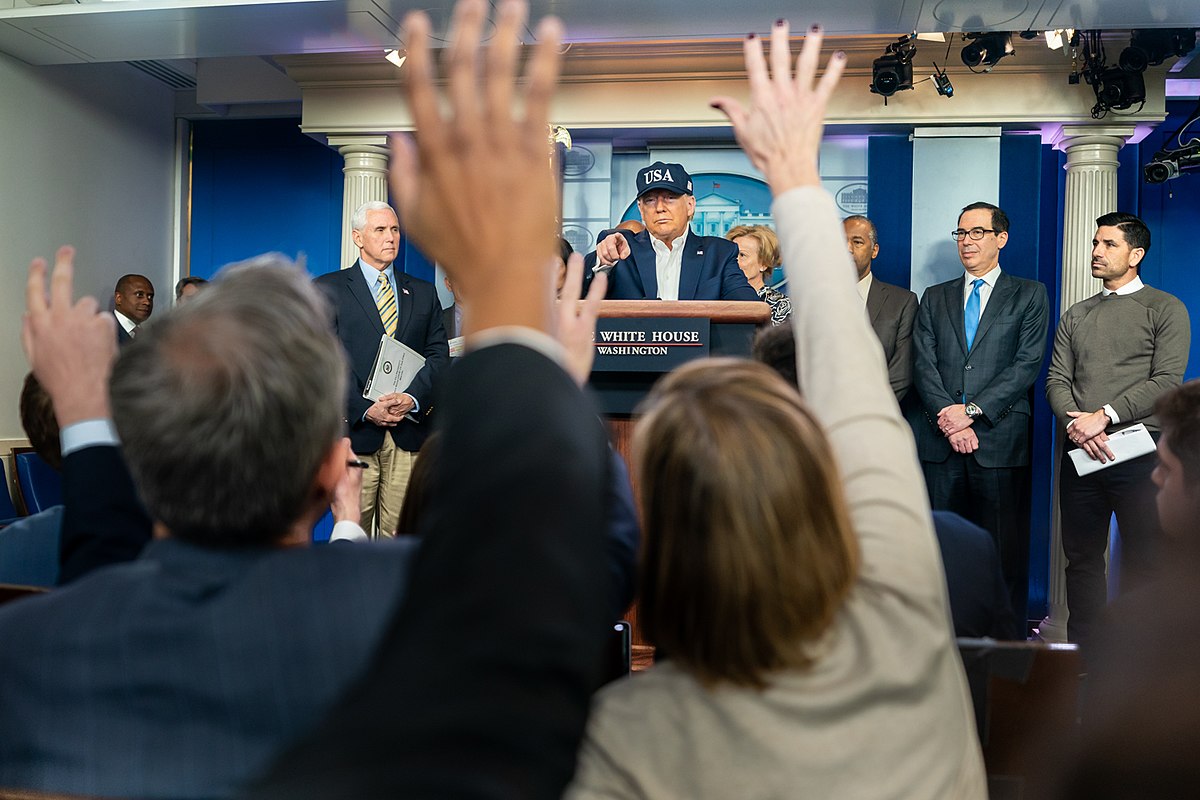
The proposals aim to limit the length of stay for foreign journalists through changes to their visa
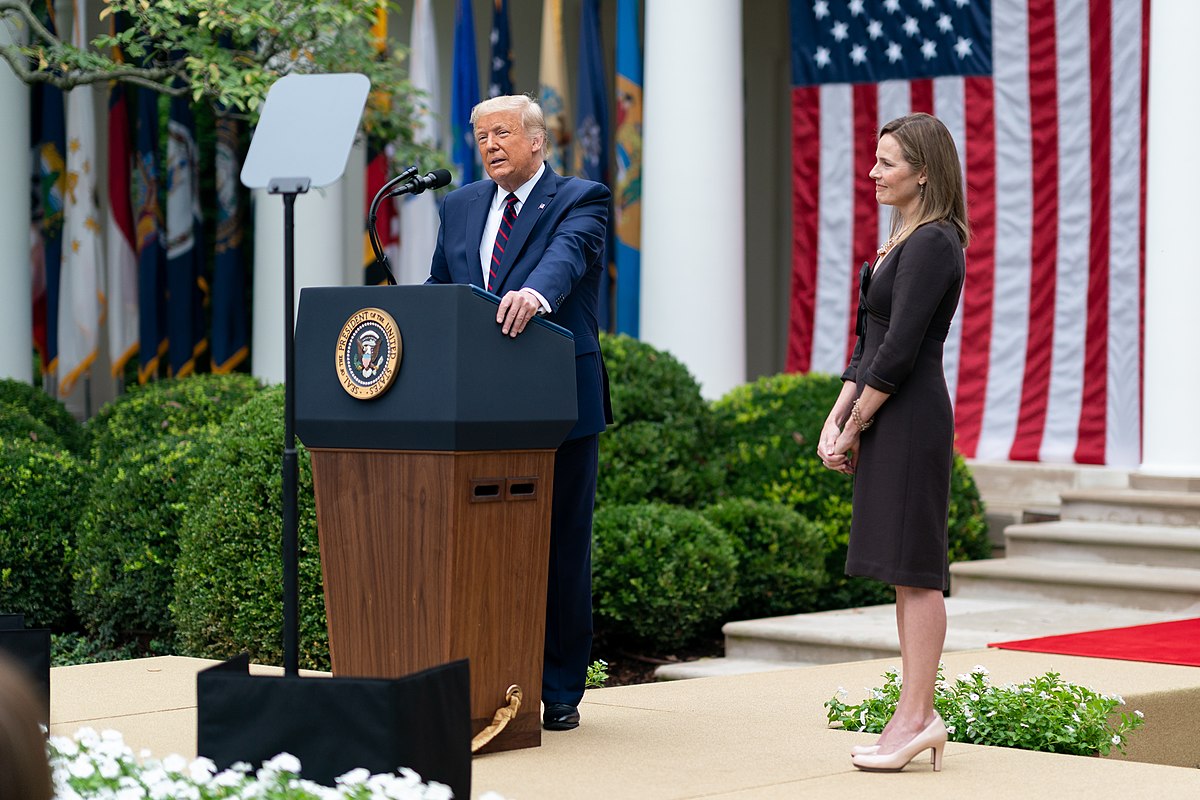
Supreme Court nominee’s responses to questioning on key issues during confirmation hearings have not allayed fears

The Supreme Court judge, known as the Notorious RBG, was not afraid to use her dissenting voice

In September 2019, London-based photographer Yumna Al-Arashi announced that one of her photographs, showing women in a hammam, had been taken down by Instagram because, according to the platform, it fell foul of the community’s standards on adult...
Smears about the media made by US President Donald Trump have obscured a wider problem with press freedom in the United States: namely widespread and low-level animosity that feeds into the everyday working lives of the nation’s journalists, bloggers and media professionals. This study examines documented reports from across the country in the six months leading up to the presidential inauguration and the months after. It clearly shows that threats to US press freedom go well beyond the Oval Office.
“Animosity toward the press comes in many forms. Journalists are targeted in several ways: from social media trolling to harassment by law enforcement to over-the-top public criticism by those in the highest office. The negative atmosphere for journalists is damaging for the public and their right to information,” said Jodie Ginsberg, CEO at Index on Censorship, which documented the cases using an approach undertaken by the organization to monitor press freedom in Europe over the past three years. Learn more.